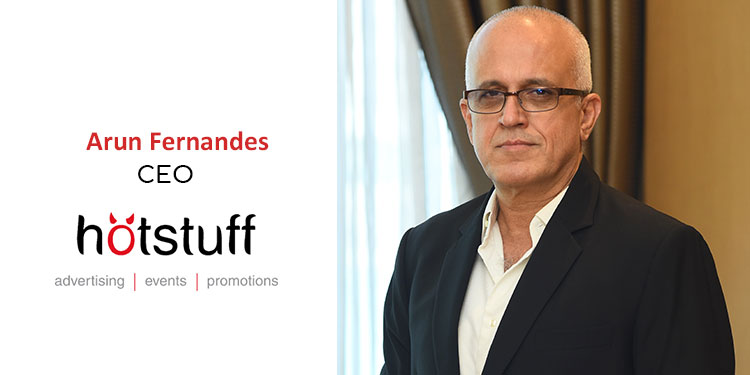Though the Ganesha festivities were much more muted than before the pandemic, this year at least saw a positive light with a few people coming out and shop. This was way better than the last year’s response the festivals witnessed. Marketeers seem to be enthusiastic, hoping that dark clouds are finally clearing and while India clocked in 70 crores + vaccination, “markets are opening” is the buzz phrase of this phase. In fact, it is anticipated that this last quarter of the calendar year will be somewhat of a renewal for the Indian economy. Indian consumers are going to loosen the purse strings a little more than they did last year.
Recent market research by YouGov gives a big boost to the Diwali Expense Index, which is generally indicative of Q3 sales growth in India. This year, the willingness to spend is higher than last year, as indicated in the survey and a major trigger for the same thing is a general positivity characterized by this period of festivities. The brands are all equipped with their spending strategies with significant discounts, festive offers and aggressive sharing campaigns. Electronic commerce is expecting an increase this year over last year’s total sales of $4.8 billion. More consumers, who were not online shoppers, were encouraged to shop online due to prolonged solitary confinement. They tasted the ease, wide selection, variety, thrill of discounts and flash offers and now they are addicted. However, this year, while sentiments are high in terms of consumer spending, urban customers became more discerning than what they were within the pre-pandemic era. Uncertainty is still great, so the more sensible expenditure is on the chopping block. The BFSI brand provides an important impetus to its strategy, providing attractive offers and tips to encourage consumers to buy its products. The limited celebration of lower housing loan interest rates launched by private lender Kotak Mahindra Bank is one good example. As work and education enter the home, people’s interest in buying larger and more comfortable living spaces continue to increase, and so does the demand. Strong movements are being seen in the equity markets, which will perhaps get the wise and wary to look at mutual funds and SIPs especially, for making the rupee work harder for them. COVID 19 pandemic brought a major shift in how the insurance sector was viewed in India. It is seen as an “essential commodity” because many people turn to term life insurance-its simplicity and affordability have made it increasingly popular. Consumers are more interested in financial products that provide them with customized and exclusive solutions. More and more young people are shopping under brands, now with the digital use of transaction methods, redemption, and subscription renewals., etc…The pandemic has put us on the road to second income, and this situation will continue. This festive season experts are commenting that apart from consumer durables, telecom, FMCG, auto & e-commerce, the BFSI segment will drive the growth in spends this year.
Although there are speculations about the third wave, the overall public opinion is much better than last year. ADEX seems to be touching the pre-covid era, with Indian players bringing us cheer during the Olympics & Paralympics and with the IPL and the T20 World Cup Cricket coinciding with the festive season. Digital advertising expenditures have shown steady growth in the past few years, and this trend will continue with Television dominates, followed by digital advertising. Fintech, educational technology, health technology, games, digital wallets, Neo Banks and other new categories are increasingly looking at digital spends, and there is a positive growth in this segment. Even though the sentiments are high, we will not see aimless splurge among the consumers. This crisis has changed the psychology of consumers, and communication that is not based on open consumption has become more and more attractive to us. Therefore, very positively, let us usher in a new beginning with new and practical judgements in our spending.
This article is authored By Arun Fernandes, Founder-CEO, hotstuff medialabs.
















